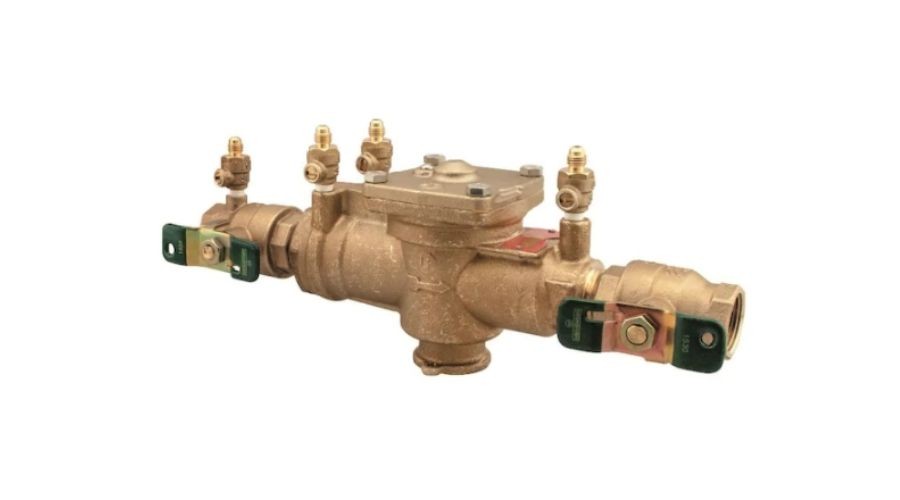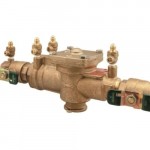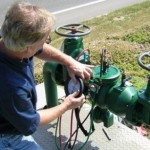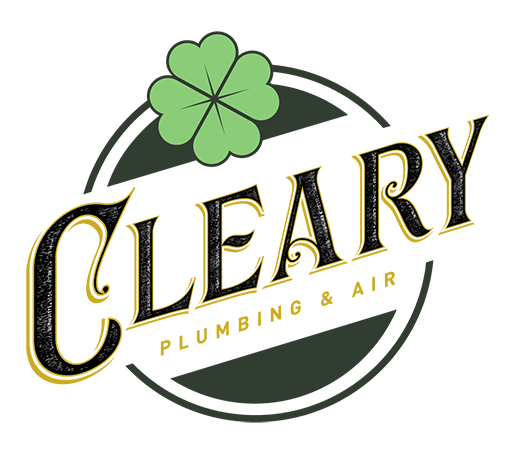Backflow Testing: What You Need To Know
Let’s face it; plumbing maintenance sometimes gets brushed under the rug. Between the chores, the bills, and work, it can seem impossible to squeeze in the repair and maintenance the home needs. But if there’s one maintenance test homeowners should never brush off, it’s backflow testing. Learn more about a home’s backflow protection and why one should never put off backflow testing.
What Exactly Is Backflow?
Backflow is a general plumbing term for a phenomenon where contaminated water has flowed backward into a home’s clean water system. Some of the more unsavory contents of backflow include bacteria, human waste, and chemicals. It’s not a cocktail anyone wants to drink.
Generally, backflow occurs when a home’s plumbing experiences a drastic pressure drop. Frozen temperatures, leaking or burst pipes, and a sudden increase in water usage can cause a decrease in water pressure that allows contaminated water to flow into the water storage system of the house. It’s vital to have backflow testing conducted annually to fix it before it becomes a more significant issue.
The Importance of Certified Backflow Testing
When it comes to backflow testing, it’s crucial never to cut corners. Backflow does more than just dirty the waters of a home. The bacteria, chemicals, and waste in the water itself can damage the home’s pipes and plumbing fixtures.
More importantly, backflow contents can seriously harm a house’s occupants. For example, the contents of backflow can spread typhoid, hepatitis, and other water-borne diseases. Backflow also contributes to skin irritation, chronic stomach issues, nausea, and in extreme cases, death.
A certified backflow test must be conducted following set standards that dictate backflow prevention tools and techniques. In addition, certified tests must comply with strict measures to protect water quality and safety to prevent the damages backflow can cause.
Who Performs Certified Backflow Testing?
A qualified plumbing expert will inspect a home’s sewer line and plumbing system for pressure variances, leaks, or other structural problems during backflow testing. If pressure problems are detected, the tester may install RPZ valves (Reduced Pressure Zone) to prevent backflow water. These valves need testing annually by a backflow tester to keep backflow risks at bay. Just like the parts of a shower or toilet, the RPZ valves need care and maintenance to keep them in working order long-term.
About Cleary Plumbing & Air
For over 25 years, Clearing Plumbing & Air has provided their West Palm Beach, FL neighbors with exceptional plumbing services. Their experts have extensive experience in plumbing and HVAC fields and can handle any project that comes their way. Be sure to give them a call for backflow testing today!



























